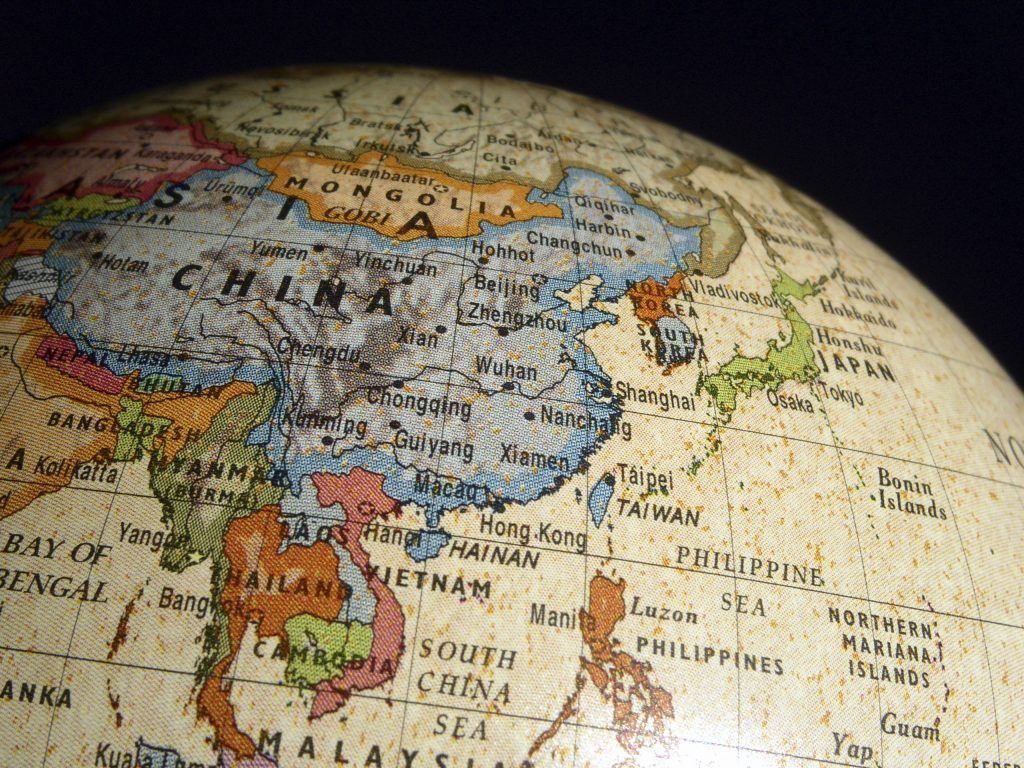US customs have blocked imports of products from China for producing those goods through forced labor, but this presents a dilemma for companies.
That dilemma was addressed in an analysis released by the European Parliament. Part of the description of the situation and its implications in this analysis are presented below.
In recent years, the United States has taken a number of steps to strengthen US law and enforcement practice from a human rights, trade, and foreign policy perspective in combating the widespread use of forced labor in global supply chains. increasingly complex in the 21st century.
A prominent example is the Uyghur Forced Labor Prevention Law of 202. It prohibits imports from the Xinjiang Uyghur Autonomous Region (XUAR) in northwestern China, except where importers can rebut the presumption that all products of this region are manufactured with forced labor.
Enforcement of the law can put companies between a rock and a hard place, given the XUAR’s central role in a number of global supply chains and China’s retaliation and economic coercion.
Forced labor
In June 2021, China enacted an Anti-Foreign Sanctions Law that prohibits companies operating in the country from complying with foreign sanctions targeting China and has mobilized its large consumer base to retaliate with boycotts.
Therefore, stronger US forced labor laws and enforcement are likely to present companies with a compliance dilemma between US and Chinese law.
Indeed, several major companies, including global brands, lobbied against the Uyghur Forced Labor Prevention Act.
A report by the Australian Strategic Policy Institute has identified 82 global brands that are allegedly implicated in forced labor in a variety of sectors in the XUAR, but also elsewhere in China as a result of worker transfers.
Possible policy responses to China’s anti-sanctions law and its acts of economic coercion were discussed with US stakeholders at a recent hearing of the US Congressional-Executive Commission on China.
Researchers and companies agree that third-party audits for XUAR are unreliable given pervasive Chinese government authority and information and access controls, and advocate a mix of policy responses.
Given the central role of XUAR in some global supply chains, companies have warned of the impact of bans, particularly supply chain disruptions.
![]()

